Who is an accreditor? What are the regulations on the standards of accreditors in Vietnam? - Khanh Giang (Gia Lai, Vietnam)
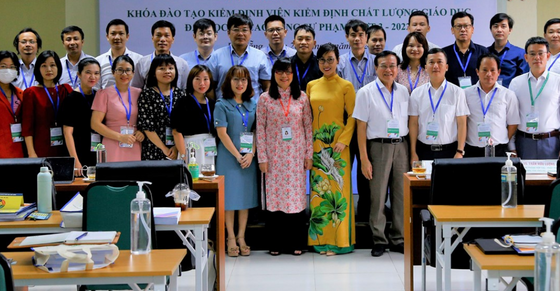
05 things you should to know about accreditors of higher education and colleges of pedagogy in Vietnam (Source: Internet)
1. Who is an accreditor?
According to Article 2 of Circular 14/2022/TT-BGDDT, an accreditor is a standard guarantor specified in Section 2, participating in educational quality accreditation activities as prescribed by the Minister of Education and Training. create.
2. Accreditors' standards in Vietnam
Specifically, in Article 4 of Circular 14/2022/TT-BGDDT, the standards of accreditors are specified as follows:
- Having good ethical qualities, honesty, objectivity, and fairness in work.
- Professional and scientific working attitude and style; responsible and cooperative in work; compliance with the law.
- Having a deep and wide understanding and practical experience in quality assurance and accreditation of higher education and pedagogical colleges; being knowledgeable about policies and laws on higher education and pedagogical colleges; and having the ability to independently and autonomously make comments, assessments, and recommendations on quality assurance and accreditation of educational institutions and training programs according to the standards issued by the Minister of Education and Training. onion.
- Having 5 years or more as a lecturer or working in the fields of higher education management or pedagogical college.
- Having a valid accreditor's card.
3. Accreditors' duties, powers, and responsibilities in Vietnam
3.1. Accreditors' duties and powers
Accreditors perform their duties and powers in accordance with Clause 1, Article 5 of Circular 14/2022/TT-BGDDT, specifically as follows:
- Join the external assessment team, the education quality accreditation council of the educational quality accreditation organization according to regulations;
- Independence in professional opinion, honesty, objectivity, fairness, publicity, transparency in performing tasks and powers;
- Other duties and powers in accordance with relevant laws and regulations and a lawful agreement with the education quality accreditation organization.
3.2. Responsibilities of accreditors
Auditors have the following responsibilities:
- Preserve the quality, reputation, and honor of the accreditors; comply with the laws and regulations of relevant agencies, organizations, and units when performing education quality accreditation activities;
- During every 5 years (60 months) after the date of card issuance, they must participate in at least 02 (two) external assessment teams and 1 (one) regular refresher course to improve auditors' professional capacity, provided by the auditor's professional training institution that meets the requirements in Clause 2 of Article 8 of Circular 14/2022/TT-BGDDT organized; or 1 (one) refresher course to improve auditors' professional capacity, organized by the Ministry of Education and Training;
- Make explanations about education quality accreditation activities to state management agencies upon request.
(Clause 2, Article 5 of Circular 14/2022/TT-BGDDT).
4. Prohibits acts of accreditors in Vietnam
According to Clause 3, Article 5 of Circular 14/2022/TT-BGDDT, the things that inspectors are not allowed to do include:
- Abuse the duties and powers of accreditors to commit unprincipled acts of educational quality accreditation activities to profit from educational institutions, educational quality accreditation organizations, and other relevant organizations and individuals;
- Connect and connect with educational institutions and education quality accreditation organizations to violate the law in negotiating and signing education quality accreditation consultancy contracts, affecting public interests and legitimate interests of organizations and individuals;
- Receive or demand any other money or benefits from the educational institution and other related organizations and individuals in addition to the remuneration and expenses agreed upon under the signed contract and in accordance with regulations. legislation;
- Insult the honor or discredit of colleagues; take advantage of their influence to illegally interfere in the activities of colleagues;
- Other acts prohibited by law
5. Situations in which an accreditor is not permitted to participate in an external assessment team or an education quality accreditation council in Vietnam
Cases where an accreditor is not allowed to join an external assessment team or an education quality accreditation council are specified in Article 6 of Circular 14/2022/TT-BGDDT, specifically as follows:
- An accreditor may not be a member of an external assessment team or an education quality accreditation council when:
+ Currently employed by an investment firm or a member of a training institution registered for education quality accreditation;
+ Having a wife, husband, father, mother, child, biological brother, biological sister or younger brother; father, mother, brother, sister, or brother of a spouse; guardian; wards (collectively referred to as relatives) who are working or studying at a training institution registered for education quality accreditation;
+ Having been or being a learner or person working at a training institution registered for education quality accreditation;
+ During the 24 months preceding the decision to establish the external evaluation team, the self-assessment consultant has been provided to the training institution registered for education quality accreditation.
- Accreditors are not allowed to join external assessment team members or education quality accreditation councils when they are related to complaints and recommendations that are being considered and resolved by competent authorities in accordance with regulations.
Circular 14/2022/TT-BGDDT takes effect from November 25, 2022.
Thanh Rin
- Key word:
- accreditors in Vietnam
 Article table of contents
Article table of contents
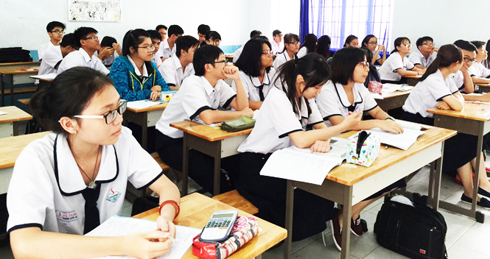
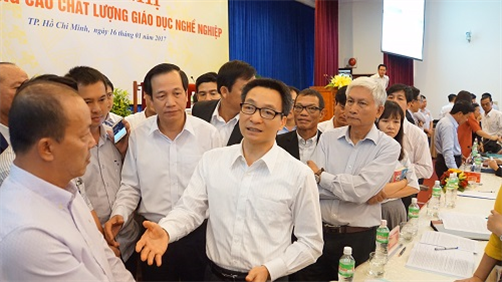
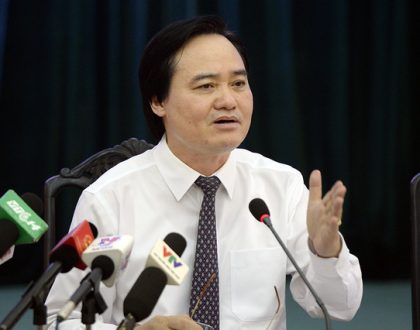

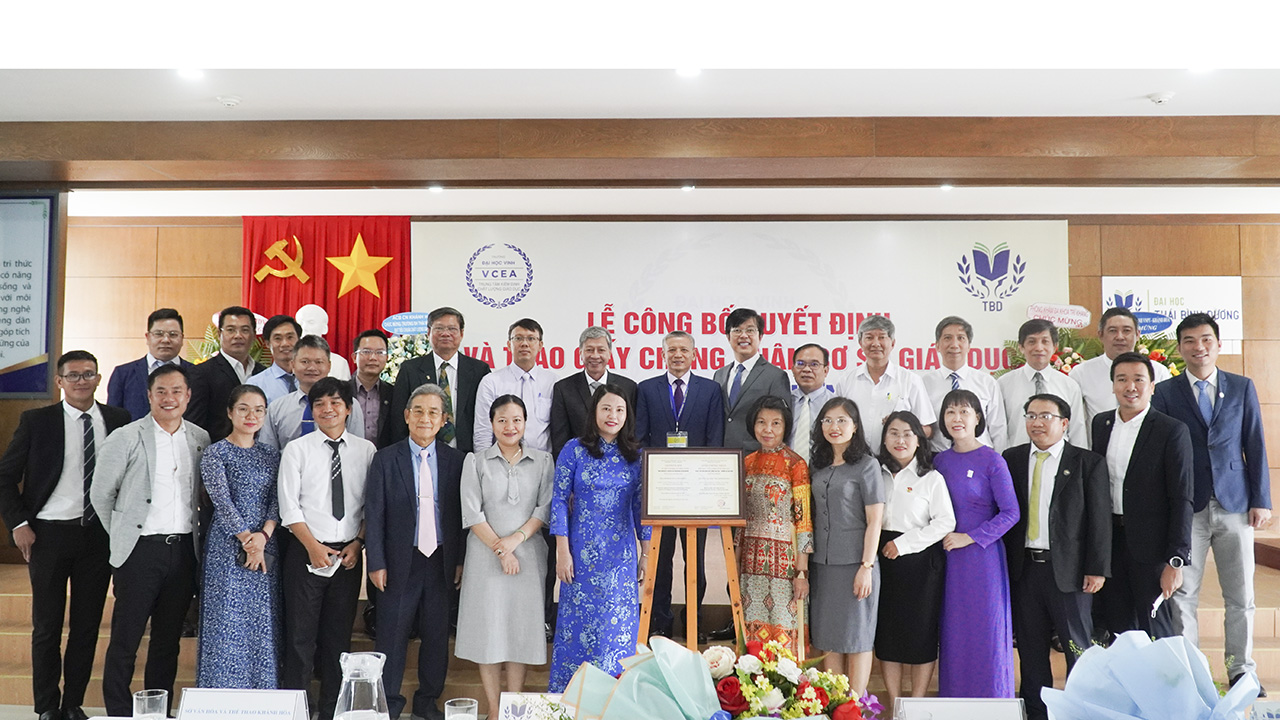

.Medium.png)
.Medium.png)
.Medium.png)
.Medium.png)
